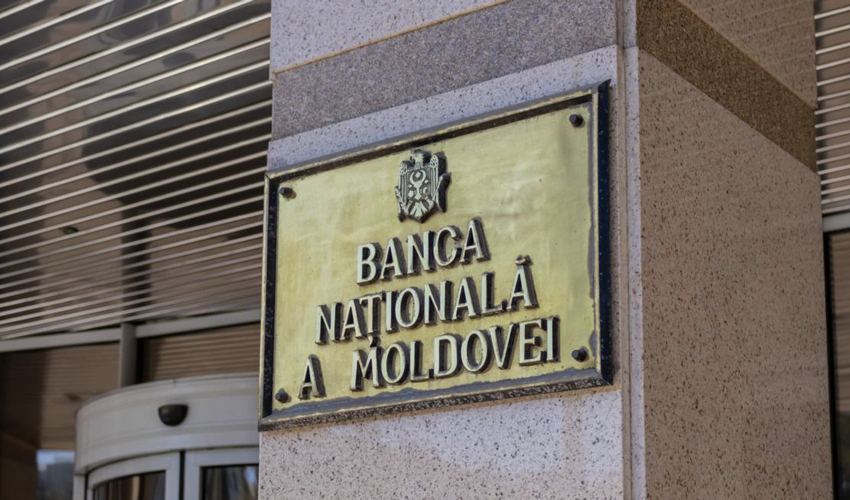
This provides for draft amendments to a number of laws, including “On Entrepreneurship and Enterprises,” which the government approved on April 29.
Thanks to them, Moldova will have a legislative mechanism for attracting digital nomads – qualified specialists who work remotely in companies abroad or manage businesses using digital technologies.
This project is part of the country’s strategy to develop the digital economy and attract high-paid specialists from international business. It is estimated that each digital nomad will bring the country about 186,000 lei per year through living fees, local consumption and taxes. He will have the right to request the right to reside in Moldova for up to two years with the possibility of extension, which will increase Moldova’s attractiveness for professionals from various fields.
“Digital nomads bring international experience, facilitating the transfer of know-how and stimulating innovation in key areas such as the digital industry, creative sector, tourism and electronic communications. We estimate that about 1,500 digital nomads will come to Moldova every year, having a significant economic impact on the country of about 280 million lei per year,” said Deputy Prime Minister, Minister of Economic Development and Digitalization Doina Nistor.
Also included in the draft are measures aimed at removing barriers to the use of virtual cash registers and electronic tax checks (eBon). This will allow small and medium-sized businesses to reduce costs and simplify tax compliance, including in rural areas and for online commerce.
In addition, the changes will contribute to the development of cashless payments and e-commerce by facilitating the integration of SMEs with international payment platforms such as Stripe, PayPal and Revolut, as well as the abolition of penalties for failure to repatriate currency obtained through e-commerce (up to 100 thousand lei).
Economic entities in rural areas, which have POS terminals, will be able to allow citizens to withdraw amounts up to 1,000 lei through them. This measure is proposed in order to increase the level of financial accessibility and reduce the need to travel to ATMs in the region.
It is planned to improve the access of entrepreneurs to state services for business registration and development. In particular, the model of Unified Service Centers will be expanded to include offices of payment systems, telecom and postal operators, notaries and others. In addition, the process of company registration will be simplified through more productive use of automated data exchange between institutions.
It remains to be approved by the Parliament.













